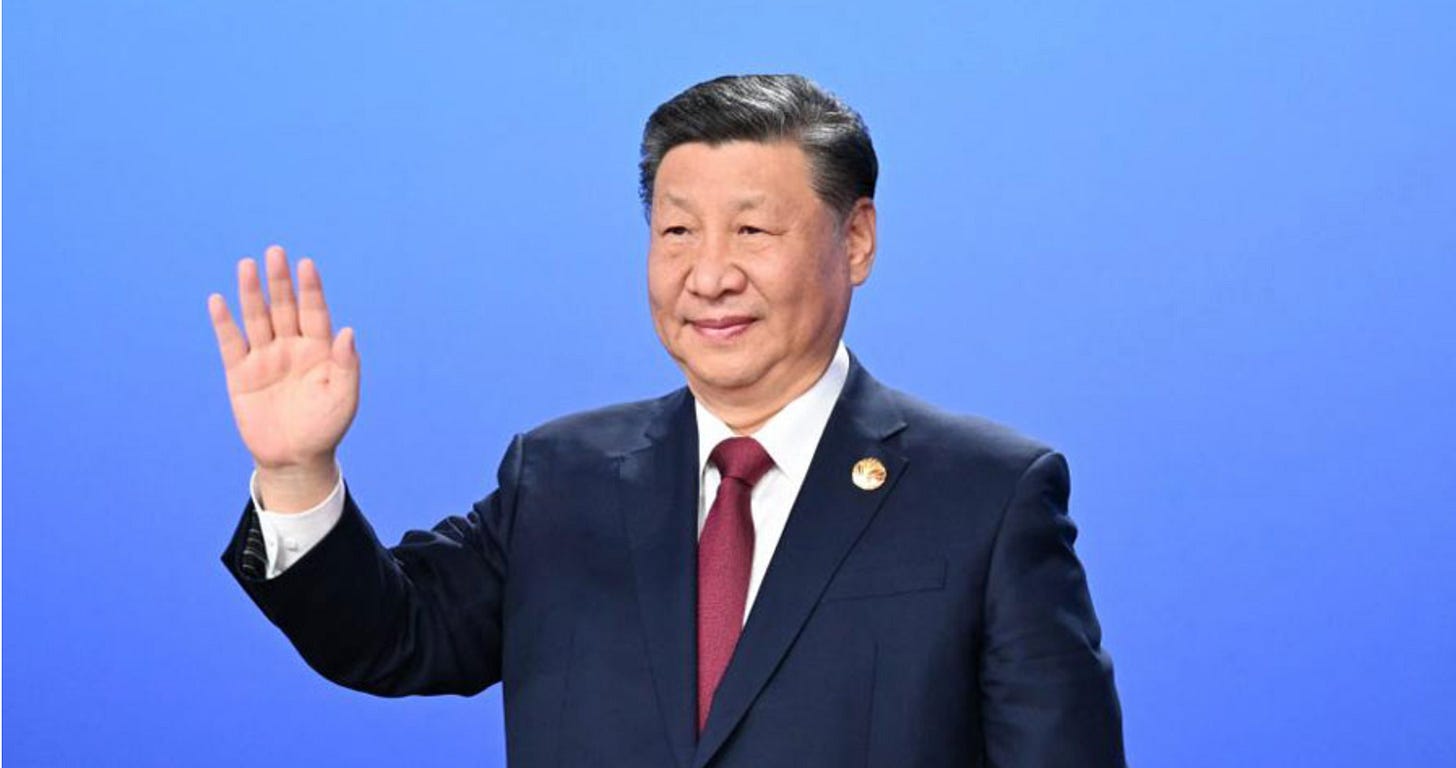In the first month of the new Trump Administration, much of the attention outside our borders has focused on Europe and the Middle East—the two regions that always seem to divert our focus from America’s greatest competitor, the People’s Republic of China (PRC).
We often think of the challenge in terms of the most obvious arena—the Pacific—but it extends from the Arctic to Africa and, increasingly, to space.
Returning to Midrats this Sunday to discuss the PRC’s challenge for the new administration is Dean Cheng.
We go live this Sunday at 5pm Eastern. You can join at this link.
If you read this via email or only see this after the show, check back in later Sunday night and the podcast audio will be uploaded, if you don’t already subscribe.
Dean Cheng, Senior Advisor, United States Institute of Peace; Non-resident Senior Fellow, Potomac Institute for Policy Studies; Non-resident Fellow, George Washington University Space Policy Institute.
Dean Cheng is currently a non-resident Senior Fellow at the Potomac Institute for Policy Studies, a Senior Adviser with the US Institute of Peace, and a non-resident fellow with the George Washington University Space Policy Institute. He recently retired after 13 years with the Heritage Foundation, where he was a senior research fellow on Chinese political and security affairs, and wrote on various aspects of Chinese foreign and defense policy.
Prior to joining the Heritage Foundation, he was a senior analyst with the China Studies Division (previously, Project Asia) at CNA from 2001-2009. Before joining CNA, he was a senior analyst with Science Applications International Corporation (SAIC) from 1996-2001. From 1993-1995, he was an analyst with the US Congress’ Office of Technology Assessment in the International Security and Space Division, where he studied the Chinese defense industrial complex.
He is the author of the book Cyber Dragon: Inside China’s Information Warfare and Cyber Operations (NY: Praeger Publishing, 2016), as well as a number of papers and book chapters examining various aspects of Chinese security affairs.





The obvious challenge long term for the 21st Century is the Pacific theater. My abiding hope is that beneath the current chaos we see in the negotiations over Ukraine there lie some achievable strategic objectives affecting the Pacific. Not only might the negotiations over the war in Ukraine lead to a weakening of the developing Russia-China alliance, but perhaps more importantly they might lead to the isolation of North Korea. If North Korea can be cut off from its principal enabler, Russia, it will die on the vine. The geostrategic chessboard is very complex and it is not limited to eastern Europe!
I do like that SECDEF Hegseth's first meeting with defense leadership of a foreign country was Australia and that US support was reiterated for the AUKUS agreement. I think the extra boost to submarine shipbuilding will be welcomed as will the continued participation of Australia in our Naval Nuclear Power program.
https://www.defense.gov/News/News-Stories/Article/Article/4060571/shared-challenges-aukus-partnership-top-topics-as-us-australian-defense-leaders/